87: Developing New Winegrape Varieties
Bruce Reisch Professor of Grapevine Breeding and Genetics at Cornell University, specialized in the development of new wine and table grape varieties, as well as new grape breeding techniques. New winegrape varieties need a market niche whether that be versatility, sustainability, disease resistance, climate resilience, or productivity. These traits are achieved with hybrids. Of the more than 60 grape species available, most of the grapes we are familiar with come from European vitis vinifera. Unfortunately, this species offers little disease resistance, but other species have better sources. Developing new hybrids is a 15 to 25 year selection process looking at all attributes from berry size to wine quality plus lengthy trials. Today there is a high acceptance of hybrids and some new ones are even being used in varietal wines.
References:
- Bruce Reisch, Professor of Grapevine Breeding and Genetics, Cornell University
- Cornell-Geneva Grapevine Breeding and Genetics Program
- Grape Selections from the VitisGen and VitisGen2 Projects
- SIP Certified
- Twitter @reischnewyork
- VitisGen2
Get More
Subscribe on Google Play, iHeartRADIO, iTunes, Spotify, Stitcher, TuneIn, or wherever you listen so you never miss an episode on the latest science and research with the Sustainable Winegrowing Podcast. Since 1994, Vineyard Team has been your resource for workshops and field demonstrations, research, and events dedicated to the stewardship of our natural resources.

